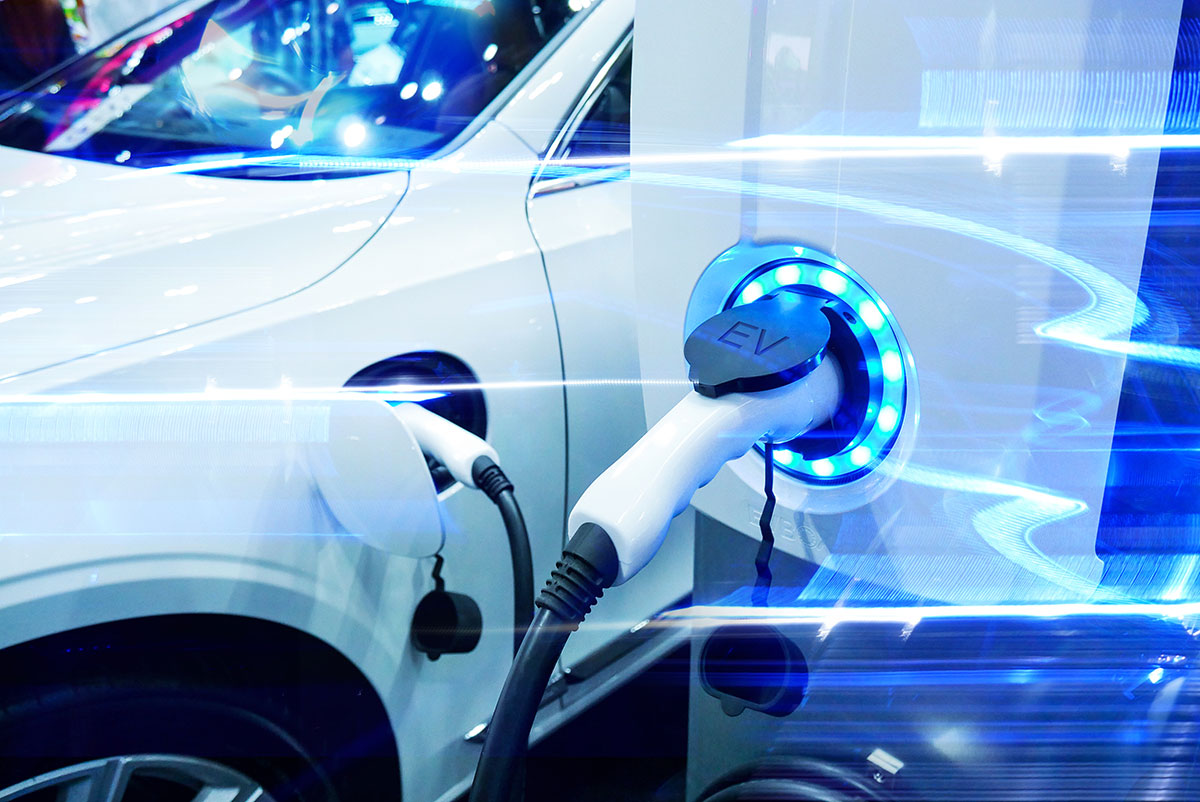Electric Cars vs. Gasoline Cars: Pros and Cons

The automotive industry is undergoing a revolutionary shift as electric vehicles (EVs) gain popularity. With advancements in technology and growing environmental concerns, the debate between electric cars and gasoline cars is more relevant than ever. Here’s a breakdown of the pros and cons of each to help you make an informed decision.
Electric Cars: Pros
- Environmental Benefits
- EVs produce zero tailpipe emissions, reducing air pollution and greenhouse gases.
- They rely on renewable energy sources like solar or wind when charged sustainably.
- Lower Operating Costs
- Charging an electric car is generally cheaper than refueling a gasoline vehicle.
- Fewer moving parts mean reduced maintenance costs (no oil changes or engine repairs).
- Smooth Driving Experience
- EVs offer instant torque for quick acceleration and a quiet, smooth ride.
- Regenerative braking improves efficiency and extends battery life.
- Government Incentives
- Many countries offer tax credits, rebates, and other incentives for EV buyers.
- Access to carpool lanes and free parking in some regions.
Electric Cars: Cons
- Higher Upfront Cost
- EVs typically have a higher purchase price than gasoline cars, though this gap is narrowing.
- Limited Range
- Most EVs have a driving range of 200-400 miles per charge, which may not suit long trips.
- Charging infrastructure, though improving, is not as widespread as gas stations.
- Charging Time
- Charging an EV takes longer than refueling a gasoline car, ranging from 30 minutes (fast chargers) to several hours (home chargers).
- Battery Lifespan
- Battery degradation over time can reduce an EV’s efficiency and resale value.
Gasoline Cars: Pros
- Established Infrastructure
- Gas stations are abundant and convenient, making long-distance travel easier.
- Lower Initial Cost
- Gasoline cars are often more affordable upfront, with a wide range of models available.
- Familiar Technology
- Gas-powered engines are well-understood, and repairs are generally more accessible and affordable.
- Longer Driving Range
- Gasoline vehicles often have a greater range per tank compared to EVs.
Gasoline Cars: Cons
- Environmental Impact
- Gasoline cars emit harmful pollutants and contribute significantly to climate change.
- Dependence on fossil fuels increases carbon footprints.
- Higher Operating Costs
- Fluctuating fuel prices and regular maintenance (oil changes, engine repairs) make gasoline cars expensive to run over time.
- Noise and Vibration
- Internal combustion engines produce more noise and vibrations compared to the quiet operation of EVs.
- Limited Technological Advancements
- Gasoline cars lack features like over-the-air updates and integration with renewable energy systems.
Final Thoughts
The choice between electric and gasoline cars depends on your priorities and lifestyle. Electric vehicles are ideal for environmentally conscious individuals seeking lower operating costs and a modern driving experience. However, gasoline cars remain practical for those who prioritize upfront affordability and long-distance travel convenience.
As EV technology continues to improve and charging networks expand, the transition to electric cars is expected to accelerate. Regardless of your choice, both options offer unique benefits and challenges, ensuring there’s a vehicle to meet everyone’s needs.





